Former Prime Minister Raila Amollo Odinga is currently campaigning for the prestigious position of Chairperson of the African Union Commission (AUC).
As a seasoned political leader with decades of experience in public service, Raila’s bid for this influential role has garnered significant attention across Africa.
However, questions about the legitimacy of his academic qualifications have emerged, sparking a heated debate among Kenyans and others following his campaign.
According to recent reports, Raila’s educational background includes various certificates in specialized fields.
These include Standards Specification Writing, Establishment of Natural Physical Standards, Standardization and Quality Control, and Senior Management.
In addition to these, he holds a Master of Science in Mechanical Engineering with a focus on Production Technology.
While these credentials seem impressive at first glance, they have raised some eyebrows.
Critics have pointed out a perceived inconsistency in Raila’s academic journey, particularly questioning how he could obtain a master’s degree without a bachelor’s degree—a common prerequisite for advanced studies.
This has led to skepticism, with some questioning whether the certificates he holds from seminars and training sessions should be equated with formal academic qualifications.
On the other hand, Raila’s supporters argue that his vast experience in public service outweighs any concerns about his academic background.
They emphasize that his leadership skills, deep understanding of governance, and extensive experience in diplomacy and conflict resolution make him an ideal candidate for the AUC Chairperson role.
For them, Raila’s track record in leading significant national and regional initiatives speaks louder than academic titles.
The public reaction to these revelations has been mixed.
Some Kenyans are doubtful, wondering if the questions about his educational qualifications could undermine his credibility and suitability for the AUC Chairperson position.
Others, however, believe that his long-standing commitment to African unity and development, along with his practical experience, should be the key factors in assessing his candidacy.
The debate over his academic qualifications remains a focal point.
Whether these concerns will significantly impact his bid is yet to be seen, but they have certainly added a layer of complexity to his pursuit of this high-profile position.
Supporters and critics alike are watching closely as the discussion around his qualifications and overall suitability for the role continues to emerge.


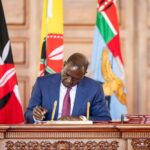




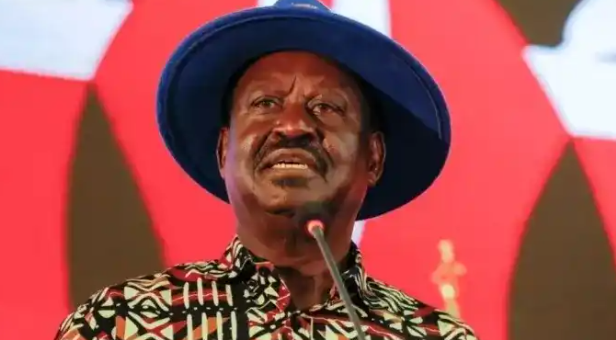
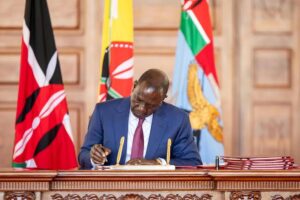


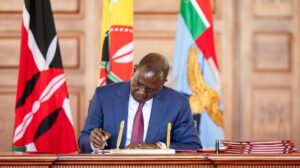



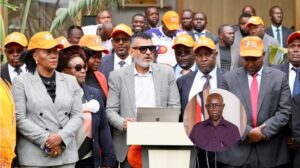
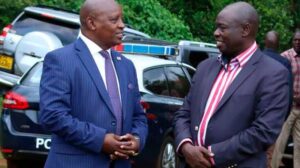
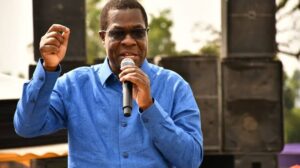

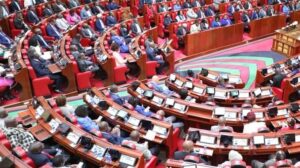
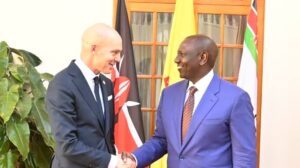
Add Comment